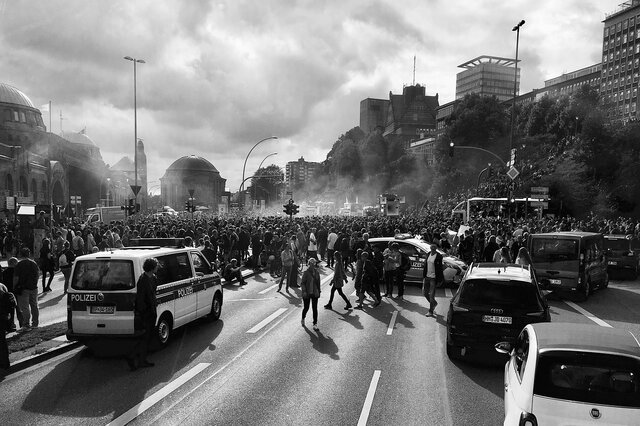Kinshasa – Peace marches organised by the Catholic Church took place across the Democratic Republic of Congo (DRC) on Sunday to protest violence in the country’s east, days after an alleged massacre of civilians.
Protesters chanted slogans such as “No to the international community’s hypocrisy” and “No to the balkanisation of the DR Congo” at rallies in the capital Kinshasa and other towns.
Clutching rosaries, crucifixes and banners and singing religious songs, demonstrators of all ages heeded the call by the Church to oppose the “aggression” in the troubled east.
However, a march planned for the key eastern city of Goma, on the border with Rwanda, was called off to avoid “a possible infiltration”.
ALSO READ | Villagers recount trauma of east DRC ‘massacre’
The government has said that the death toll from an alleged massacre of civilians in the east last week runs to “more than 100”.
It has accused the M23 militia – with whom it is locked in a months-long conflict – of the killings at Kishishe, a village around 70 kilometres (40 miles) north of Goma.
The M23 over the weekend again denied it was responsible, after already calling the allegations “baseless”.
However its leader Bertrand Bisimwa said in a statement that eight civilians had been killed by “stray bullets” during clashes in the village on Tuesday.
The March 23 movement, or M23, is a predominantly Congolese Tutsi rebel group that was dormant for years.
It took up arms again in November last year and seized the town of Bunagana on the border with Uganda in June.
After a brief period of calm, it went on the offensive again in October, greatly extending the territory under its control and advancing towards Goma.
ALSO READ | Ex-hostages of DRC rebels reunited with families
Kinshasa accuses its smaller neighbour Rwanda of providing M23 with support, something that UN experts and US officials have also pointed to in recent months. Kigali denies the charge.
Talks between the two countries in the Angolan capital Luanda unlocked a truce agreement on November 23.
The ceasefire was scheduled to take effect on November 25. It should also have been followed by a pullout by the M23 two days later from territory it had seized, but this did not happen.
The DRC army, in its accusations on Thursday, also said the M23 had breached the ceasefire with government troops, a charge that the group also denied.
Follow African Insider on Facebook, Twitter and Instagram
Source: AFP
Picture: Pixabay
For more African news, visit Africaninsider.com


